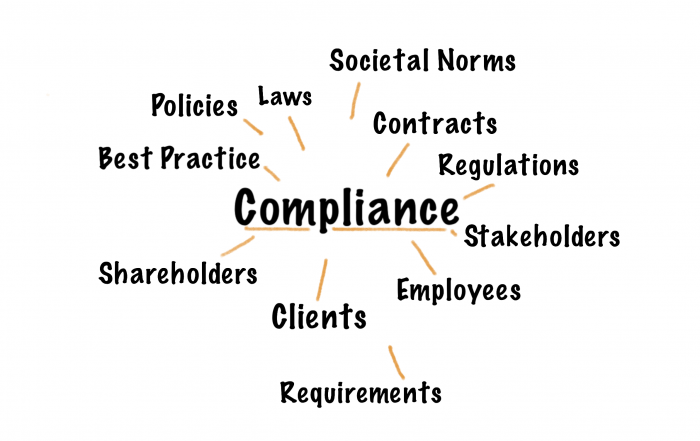Resilience Quick Check
Companies face many risks. Every day, there are reports about cyber attacks, power failures or other scenarios in which companies’ continued business activities are threatened.
These risks can have various causes. e.g.:
- Political environment – such as a trade conflict or a shift in a country’s political focus from open markets to isolationism
- Technological environment – e.g. cyber attacks in an increasingly digitized business world
- Legislative environment – e.g. influence of EU legislation on individual countries as we saw with the GDPR
- Environmental factors – such as climate change and the resulting natural disasters or extreme weather conditions
- Global economic environment – such as dependence on global supply chains and financial markets
If a company knows and is able to assess its own risks, this is the first step towards a corporate resilience strategy with appropriate precautionary measures and a quick and appropriate reaction.
This quick check and your implementation of any actions identified will give you the assurance that your organisation will, for example:
- Have a robust process for identifying new and changing business continuity risks and their sources,
- Have a process in place to ensure any risks are addressed by well-documented controls,
- Have a process in place to deal with any crises as they arise,
- Make sure that all employees are aware of their obligations and have the skills required to meet them.
We will
- Define the scope and focus of your resilience quick check and whether it should be focused on ISO 22301 or general emergency management,
- Conduct a quick but thorough check of your compliance management against our own best-practice catalogue and / or ISO 22301,
- Provide you with a report within 2 weeks including a list of actions required to improve your business continuity or emergency management,
- Present the results and answer any questions you may have.
The effort for this quick check is 10 days (or 5 days if only a single department, e.g. IT, is in scope).

